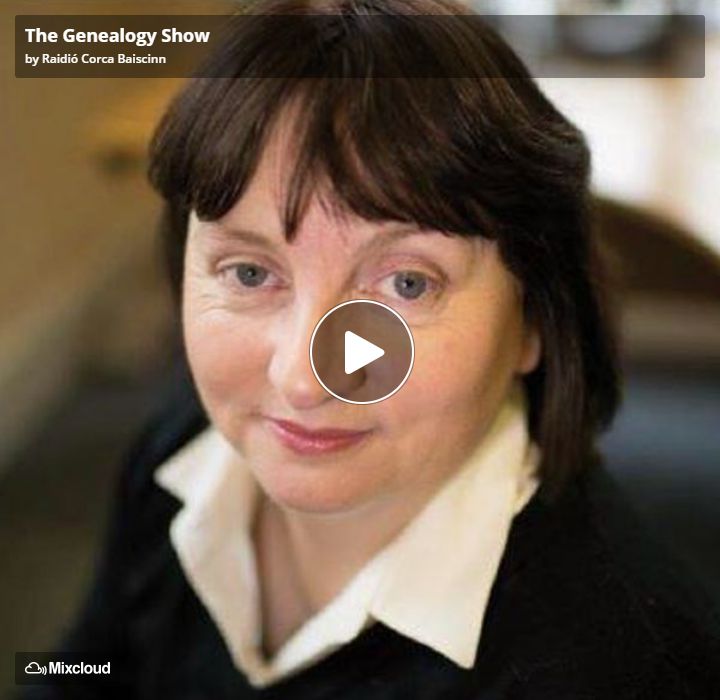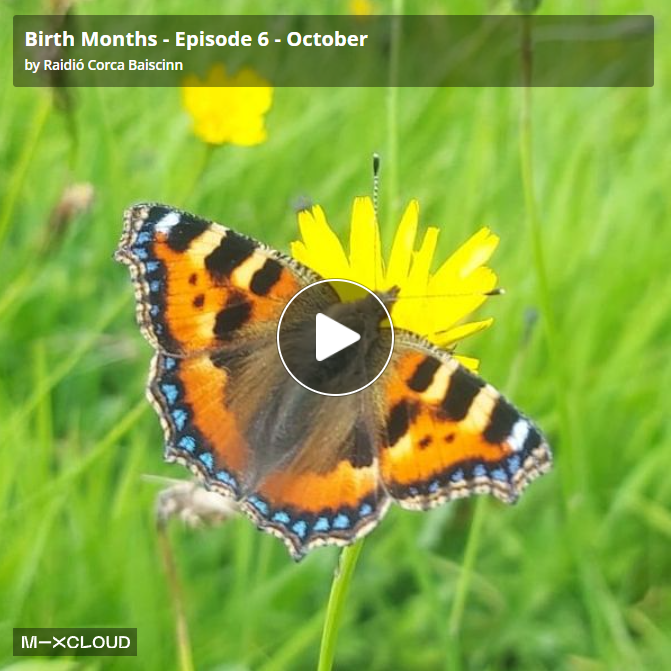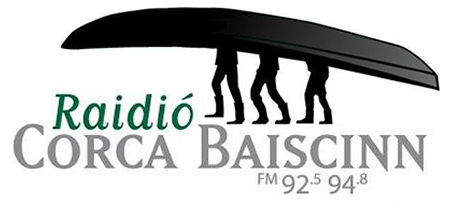You’ll find tickets (lines) in some of our local businesses, or you can purchase them ONLINE now too at : https://www.geektickets.ie/events/129325
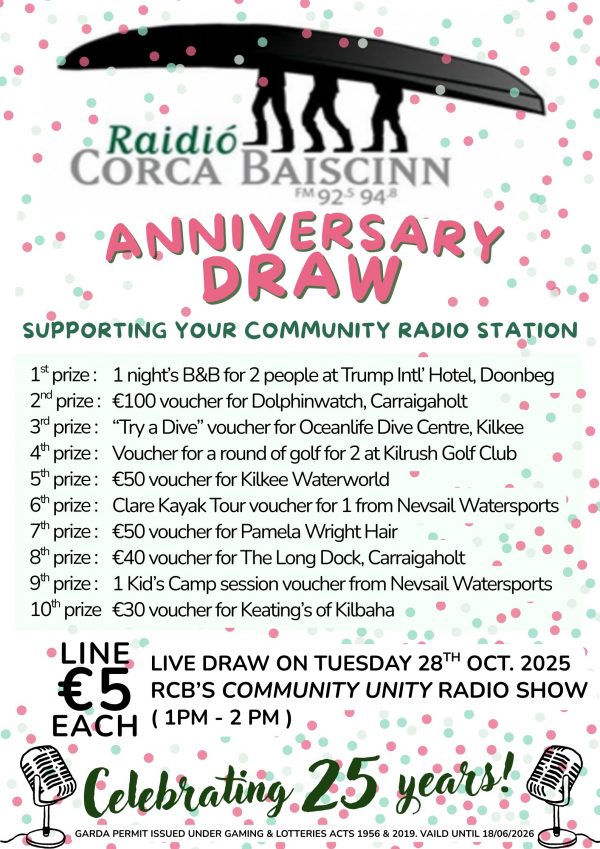

Talk Title: The Edmond: 175 Years Commemoration
Speaker: John Williams
Date & Time: Thursday, 6th November 2025 at 8 pm
Venue: Myles Creek Bar & Restaurant, O’Curry Street, Kilkee V15 Y793
FREE of Charge Entry and all are welcome
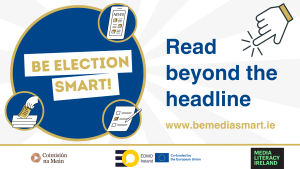
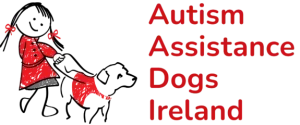
Audrey has the latest roundup of events across the West Clare area with the Community Diary.
Education outreach officer with the Irish Whale and Dolphin Group Kilrush Cian O’NIaláin is in the studio. This year they chose Galway Bay as the location for the Floating Classroom event aboard the ‘Celtic Mist’ which brings aboard local school children.The Floating Classroom is designed to raise awareness of Ireland’s rich marine biodiversity through workshops and interactive sessions giving people a chance to learn about whales, dolphins, and porpoises in an immersive setting.
The upcoming Whale Tales 2025: Shared Stories from the Sea event can be found on the website.
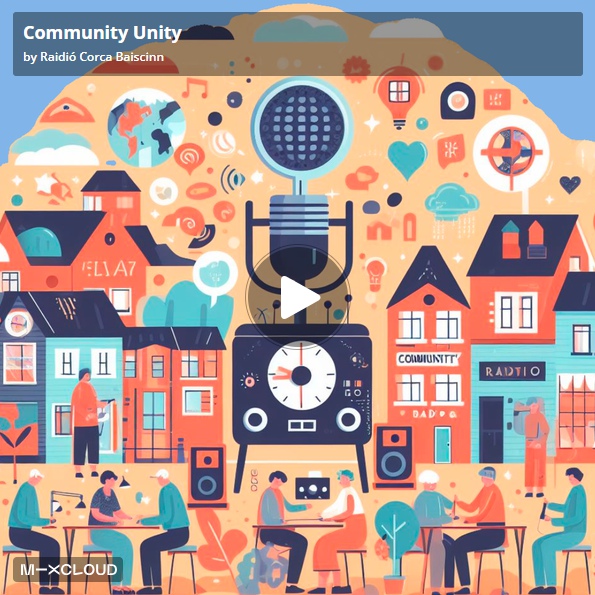
Later in the Show, Adrian speaks to special guest, newly crowned 2025 Bolero UCI World Gravel Champion, Nicholas Roche. This is part one of a two part show. To listen to the full show, tune in this Friday for the full show with Nicholas as he chats about his new found love for Gravel Racing. Follow us on instagram to see the video interview with Nicholas and Adrian.
📻 Don’t miss this packed show, local pride local teams & serious passion.

The O’Loughlin surname in County Clare has deep historical roots, tracing back to Gaelic origins and Viking influences. It is derived from the ancient Gaelic name Ó Lochlainn, meaning “descendant of Lochlainn,” a name associated with a prominent family in the region, particularly in Corcomroe and the Burren area of Clare. The family historically belonged to the clan that ruled over parts of Clare, with notable figures like Conghalach O’Loughlin, a bishop in the 13th century , and they are said to have been powerful and influential there for centuries. The name signifies a heritage linked to seafaring Vikings and Gaelic nobility, highlighting their significance in County Clare’s history
Lorna worked as Project Genealogist for George Boole *200 genealogy project for University College Cork and is an excellent researcher for Irish family histories.
Lorna produces and presents the successful show: ‘The Genealogy Radio show’ aired each Thursday at 4p.m. from beautiful Kilkee, Co. Clare at Raidio Corcabaiscinn and Podcasts are available weekly.
Lorna has delivered conference papers at Oxford; Lincoln College: Exploration of the Medieval Gaelic Diet: (2012); seminar papers at the Moore Institute in NUI Galway, ‘The Gaelic Lordships in Thomond, c. 1400-c.1500’ and papers at Irish Conference of Medievalists on themes of Brian Boru and landscape of East Clare. Lorna has published on medieval themes and on maritime subjects. Her research areas are the MacNamaras and O’Briens of Thomond.
Lorna received her Certificate for the Advancement of Forensic Genealogy (CAFG) in Dallas in March 2015.
 Clans and Surnames Website
Clans and Surnames Website facebook
facebook  twitter
twitter